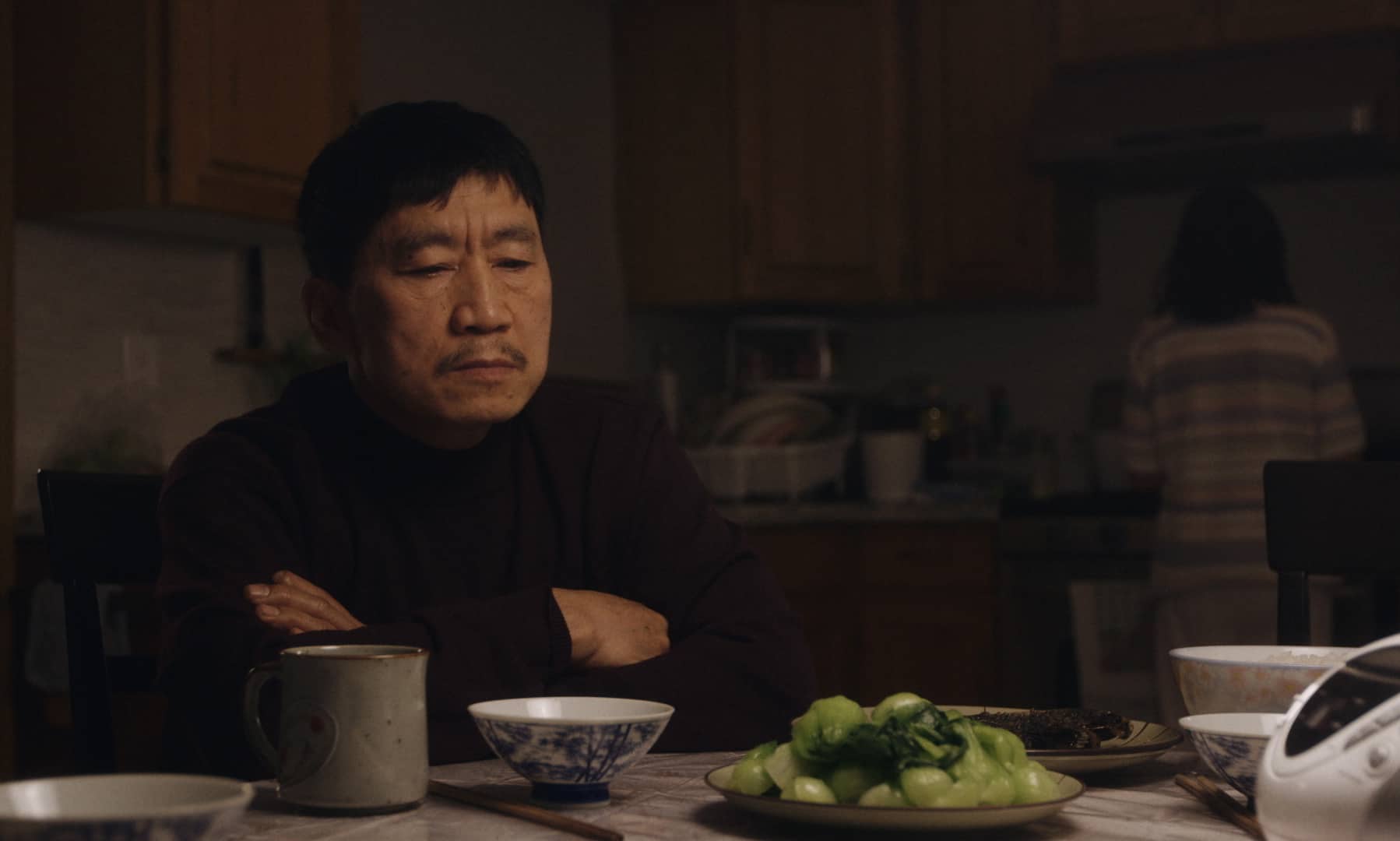11. Great Absence (2023) by Kei Chikaura

Self-reflection is also a driving force in “Great Absence,” since the more Takashi learns how his father took Naomi's kindness for granted and treated her, the more he begins to reflect on himself and his romantic relationship with his wife. Having Takashi and Yuki grow closer as they try to help Yohji discover Naomi's whereabouts is also an effective way to showcase how a loving relationship can be strengthened by supporting one another during tough times. Introspection also applies greatly to Yohji reflecting on his life in his pending final days as his dementia worsens, including regrets and seeing people in his life, like Naomi, fade away, much like his memories. (Sean Barry)
12. Don't Call it a Mystery (2023) by Hiroaki Matsuyama

“Don't Call it a Mystery” features many esoteric details which embellish the already wacky story. The Agatha-Christie-on-acid craziness stems from the clash between a rather complex intrigue, strange pacing and bizarre but ultimately paper-thin characters. This is most noticeable with the protagonist whom we meet without introduction, gazing at the Hiroshima bombing memorial. He is asked by Shioji Kariatsumari (Nanoka Hara) to accompany her on the way to the testament reading. There is little context as to whom Kunō is, and why would he be approached as a detective. His supernatural deductive and observational skills are a given, as well as his ability to suddenly appear in various scenes out of nowhere. (Olek Mlynski)
13. Don't Lose Your Head (2024) by Hayao Kawai

The beginning of the film is especially problematic in that regard: the use of the narrator and the constant titling of a dozen of persons of interest from the court, the domains and the clans suggest seriousness, while the actors play their characters in a silly, vaudeville manner in order to stretch the poorly conceived overlong scenes based on cheap slapstick humour. Complete with the generic-sounding music by Shogo Kaida and equally phony sound design, it seems that the “serial” director of the repertoire films and TV series Kawai has lost the grip over the material, or that he never had any attention to hold control in whatever way. He even manages to defuse the potential of Eita Nagayama (of Hirokazu Koreeda‘s “Monster” fame) playing one of the supporting roles. (Marko Stojiljković)












